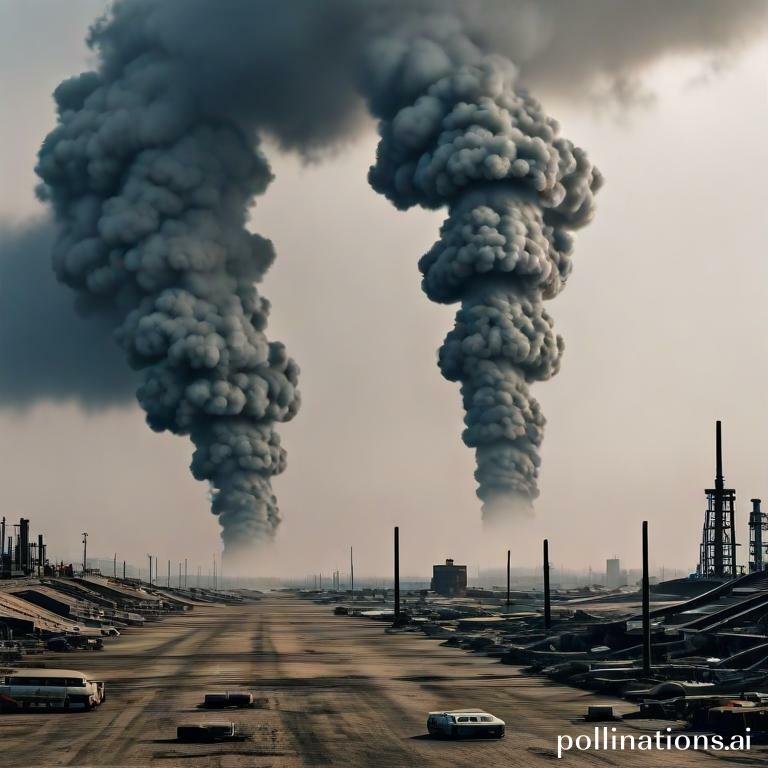A recent study by the Council on Energy, Environment, and Water (CEEW) found that the average person in developed countries emits more carbon dioxide (CO2) than the wealthiest 10% of individuals in developing countries like Argentina, Brazil, India, and the ASEAN region.
When comparing the emissions of the poorest people in developed and developing countries, it is clear that individuals in countries like Saudi Arabia, the US, and Australia emit significantly more carbon than individuals in India, Brazil, and the ASEAN region who are in the same income bracket.
The CEEW study examined CO2 emissions per person in various income groups in 14 countries from both developed and developing regions, including the EU and ASEAN. The study called “The Emissions Divide: Inequity Across Countries and Income Classes” discovered that the wealthiest 10% in developed countries and China produced 22% more CO2 emissions compared to all the developing countries analyzed.
A study by CEEW suggests that if the wealthiest individuals in developed countries and China adopt low-carbon lifestyles and reduce their carbon footprint by 50%, it could result in a yearly decrease of over 3.4 billion tonnes of CO2 emissions.
The study discovered that implementing a carbon tax on the wealthiest 10% of developed nations and China could generate $500 billion and discourage the adoption of highly carbon-intensive consumption habits.
The funds could be utilized for addressing climate change, advancing research and development, reducing risks associated with clean technology, and enhancing resilience.
It is important because a recent study by CEEW found that developed countries are not on track to achieve their emission reduction goals by 2030 and will exceed their planned Nationally Determined Contributions (NDCs) by 38 per cent.
By choosing to use low-carbon products and technologies, individuals can create a market demand that encourages businesses to develop and offer sustainable alternatives. This, in turn, can drive the growth of a low-carbon economy.
The above article is based on Council on Energy, Environment and Water (CEEW) Report; fake chaecked and edited by Clean-Future Team
